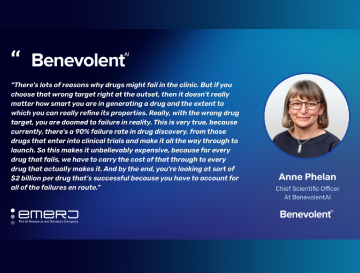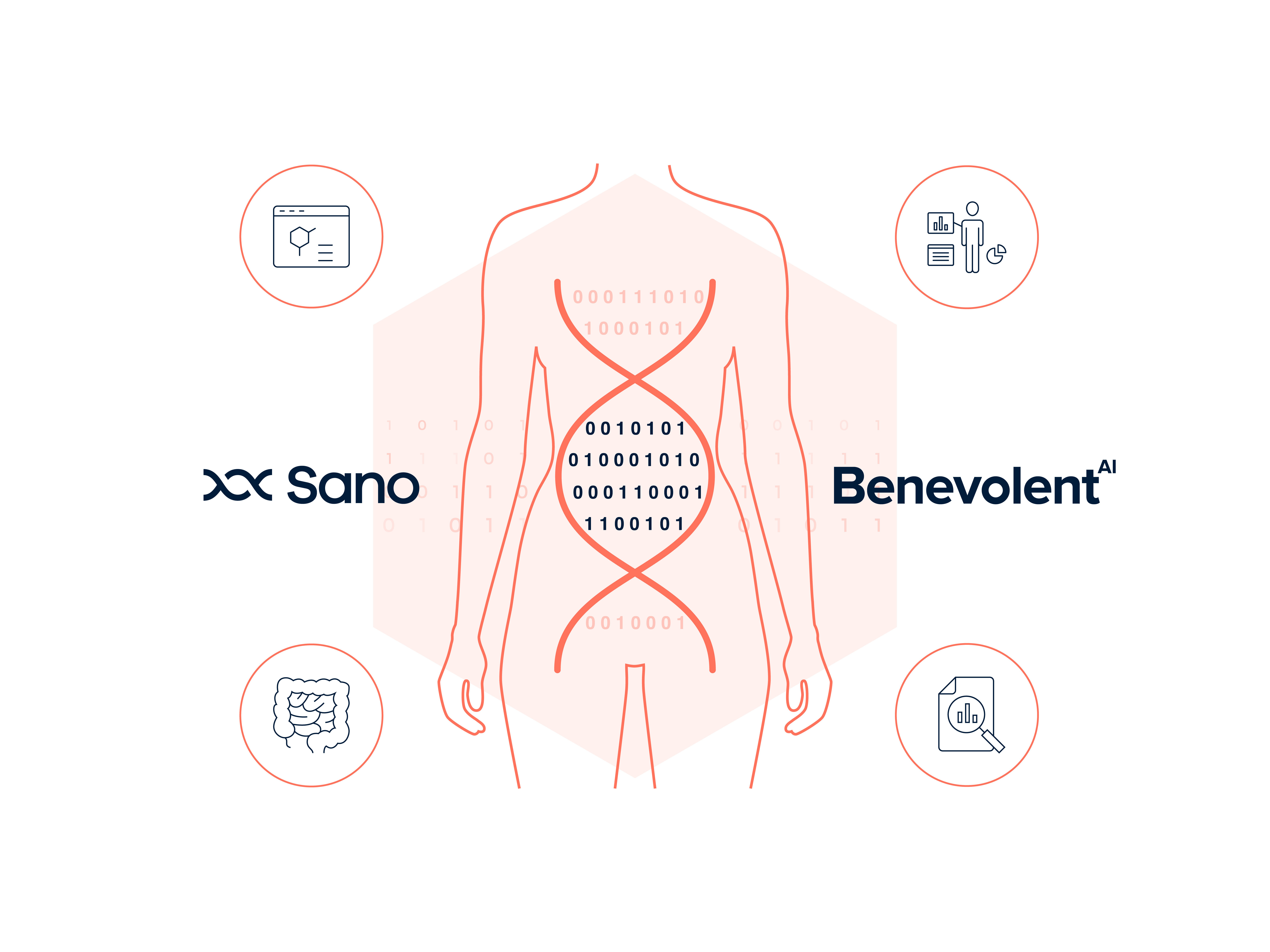To celebrate International Women’s Day we hosted a fireside chat in London with four of our inspiring female colleagues to learn more about their experiences, successes and the barriers or challenges they've faced as a woman in a largely male dominated industry.
The Q&A was driven by questions submitted by our team via an anonymous poll, which opened the floor to an open and honest discussion around some of the most pressing issues facing women in STEM.
What is the biggest challenge you had to face in your career so far?
Trecilla: My challenges relate to juggling my career, family, and the stereotypes associated with being a working parent. It was incredibly difficult to make the decision to go back to work when my daughter was 4 months old. Firstly, because I felt guilty about leaving my child in a nursery. Secondly, because I also felt guilty about being happy about going back to work.
Sia: Everyday sexism is a big challenge. Small things, such as being interrupted in meetings, having to prove yourself a lot more than equally qualified men or your work being more scrutinised, can have a big impact on you. Such things are often hard to detect, accumulate over time and affect you personally and professionally. When it comes to speaking up, it can be difficult to find the right balance between being liked, and holding people accountable. But you get to a point where your values overtake your need to be liked by everyone, and you just decide it's time to speak up for other women or people from any other background who you think are being treated unfairly.
Do you feel the possibility of having children has ever hindered you or has been held against you?
Trecilla: Men and women are still stereotyped by traditional, gendered parental roles which do not fit the reality of modern life, for example, my partner has faced a lot of bias as the main carer for our daughter. He has experienced comments at work when he’s needed to leave early, or has been added to ‘mums’ group chats which should really be called ‘parents’ group chats. By defying these ‘traditional roles’ both men and women can face bias, and both can struggle to maintain a work - life balance. In regards to my own experiences, I have sometimes had to miss meetings due to commitments to my family, meaning I’ve missed out on important discussions. Over the years, however, I’ve grown in confidence to not compromise on what is important to me.
Have you done a university degree whilst having a family (young children at home)?
Peju: Upon completion of my degree in pharmacology, I went straight into the pharmaceutical industry. After spending many years acquiring the right experience and exposure, I was keen to complete my postgraduate studies and decided to pursue a masters degree. During my masters, studying had to be fitted around family and work life which was not always easy. The degree was completed over a number of years and was certainly a team effort! My family had to adapt and make changes to ensure that I was able to take the time needed for my studies. I graduated in Feb 2020 from the London School of Hygiene and Tropical Medicine and was proud to have my family at the ceremony. I asked my sons what their favourite part of the ceremony was and they both said it was when I was on stage - they were really proud.
Trecilla: I completed my masters while I was pregnant with my daughter, because I was one of those naive people who thought that I’d have more time when I had a baby! Education was always very important to me because it was my way out of where I came from: I had to have a career and I had to learn. When I narrated my story to my daughter last year, she turned around and told me how proud she was of me. The lesson I learnt is that you’re never too old to learn. It’s who you want to be and where you want to be that’s important. I wanted to be a role model for her, to show her she can be someone, and can achieve whatever she sets her mind to.
It's fairly common for people to accidentally use ‘he’ when referring to an abstract 'traditionally male' role such as an engineer or team lead. do you feel this language perpetuates stereotypes and if so, how can we change things?
Sia: In linguistics there is a principle called “the Sapir-Whorf hypothesis”, which is the idea that the way we use language influences the way we think. Although lots of linguists, myself included, are not sold on this idea, I do think the way we speak reveals the way we think. Fixing the language does not fix the problem, which is often much deeper than the language used. Nonetheless, explicitly calling out stereotype-filled language will hopefully make people aware of the underlying bias behind it.
Do you ever feel undermined by positive discrimination?(where companies actively try to recruit you because you are a woman, rather than be cause you are the best for the role).
Helen: I would absolutely feel uncomfortable if I was chosen on account of my being a woman. I want to be hired because I want to be seen as the best engineer for the job. You can have positive actions, for example those you see at Benevolent whereby if you want to increase the number of women in your team, you can increase the pool of women being interviewed. You should never hire based on gender.
What are some of the ways you’ve benefited from having advocates in advancing your career?
Sia: Having advocates is very important. This is especially true for male advocates, not only because they often already have a seat at the table but also because men should feel that it’s also their responsibility to equalise the playing field. Women-only events are great as a safe space to share frustrations, but at the end of the day they are echo chambers, and the people who need to listen are not present. We need to include men in the conversation. They should feel that they can make a difference. This is extremely important and should not be underestimated.
Peju: I have male sponsors, female sponsors, and people of colour sponsors in the industry because of all of the challenges I face as a black female in STEM. Male sponsors are particularly important because, if you look at leadership statistics, they will tend to be in those meetings that you may not be. It’s of huge value to have someone who can drop your name into the conversations you may not otherwise have access to.
What piece of advice would you give to build a more gender equal world?
Sia: Try to think of one thing that you can do to make a difference; and this is not only women’s responsibility; it's everyone’s. If you see a woman not being treated fairly, do something about it and hold each other accountable. We are all capable of making positive change: if you see bad behaviour, language or bias, call it out. If we all take responsibility, we can ensure everyone is given an equal voice, and equal opportunity to thrive. We should all contribute something to solving the problem.
Peju: I would focus on building a culture of inclusivity. Success depends on understanding why we’re different but also how we can use these differences to our advantage. At Benevolent, we want to make a difference to the world - the question is how can we leverage all of our differences in order to achieve this goal?
Concluding thoughts
Progress is undoubtedly underway when it comes to gender equality. This discussion, however, raised several common threads regarding everyday interactions such as everyday sexism, a challenge which stubbornly persists alongside the more modern stereotypes surrounding being a working parent. We all have a part to play in countering these granular biases to advance female empowerment. Gender equality is everyone’s responsibility: our everyday actions can help to ensure that everyone is given an equal voice and equal opportunity to thrive.
Back to blog post and videos




